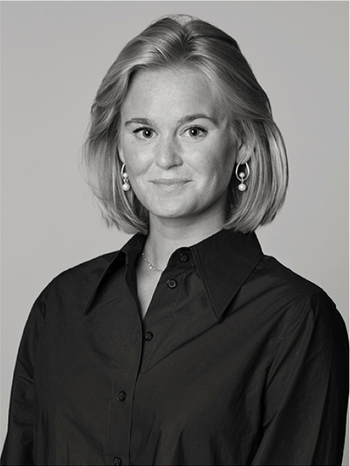Nils Wedel
Nils Wedel, Geometric composition
Signed and dated 1943. Gouache on paper, 32 x 40.5 cm.
Not examined out of frame.
More information
After his art education in Gothenburg in 1915‑1917, Nils Wedel traveled to Copenhagen and then to Paris.
The French capital appealed to Wedel, with the city's elegance and creative atmosphere.
The French artist Othon Friesz at the Académie Moderne became Wedel's teacher in 1921-22. The single artist who most influenced Nils Wedel during his years in Paris was undoubtedly the master Fernand Léger.
Fernand Léger's influence on Nils Wedel is clear in his paintings. During the years in Paris, Nils Wedel developed his own form of cubism and surrealism, close to Fernand Léger's figurative language and painting style.
Via his Swedish friend and colleague, Gösta Adrian-Nilsson, Nils Wedel personally came into contact with Fernand Léger. His cubist forms made a great impression on Wedel.
Nils Wedel himself said in an interview in 1946: “When I arrived in France as a very young person after the First World War and saw Cubism, it was the greatest experience of my life. I was completely captivated and it is the greatest thing that has happened in life.”
Nils Wedel is one of Sweden's most exciting cubists and his work was exhibited at several of the 20th century's foremost galleries in Sweden, as well as in Copenhagen, Dublin, Milan, Oslo and Venice.
Today, he is amply represented at the National Museum and Moderna Museet in Stockholm, the Gothenburg Museum of Art, the Archive for Decorative Arts, the Malmö Museum, the Norrköping Museum of Art, the Värmland Museum, the Statens Museum for Kunst in Copenhagen and the Kalmar Museum of Art.
Moderna Museet's collection contains a rich collection of Nils Wedel, a total of 25 works executed between 1934 and 1964.






































